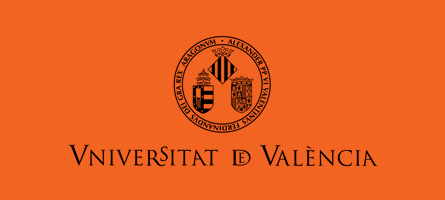Censura y diccionario: las profesiones fantasma en el diccionario de la RAE
DOI:
https://doi.org/10.7203/drdcd.v0i11.316Abstract
As Real Academia Española (RAE) recognizes, in the elaboration of their works, such as the dictionary, is based on different linguistic corpora. Hence, the frequency of use criterion is crucial in establishing the list of voices in that lexicographical work.
A comparison of the latest editions of academic dictionary (DRAE 2001, DLE 2014 and its latest online update in November 2023) concludes that there are more than five thousand new additions or modified entries. 195 of them, arised from the addition of a feminine form to a male-only entry related to professions and jobs. And only 12 cases are a consequence of expanding from a female only official voice in DRAE 2001 to a also male one in DLE 2014.
This research allows verify that this novelty is not only explained by linguistic phenomena, such as frequency of use, but also by extralinguistic decisions. In other words, it shows that RAE adopted decisions based on non-linguistic criteria – ideological, cultural or censorship ones– that were unrelated to the actual use of words in the different Spanish-speaking linguistic communities, in Spain or in America.
In conclusion, this reaearch shows that some decisions adopted to preserve political correctness have been extended to RAE´s dictionary. In this case, by adding voices. That is the case of words such as matrón, clistelero or endechadero.
Downloads
Published
Issue
Section
License
Author rights apply to contributors. The journal reserves the right to be the first to publish the submission, following the Creative Commons Attribution License that allows for others to share the publication and acknowledges its authorship and the original publication within this journal.
Everyone who sends a manuscript is explicitly accepting this publication and edition cession. In the same way, he/she is authorizing Dígitos to include his/her work in a journal’s issue for its distribution.







